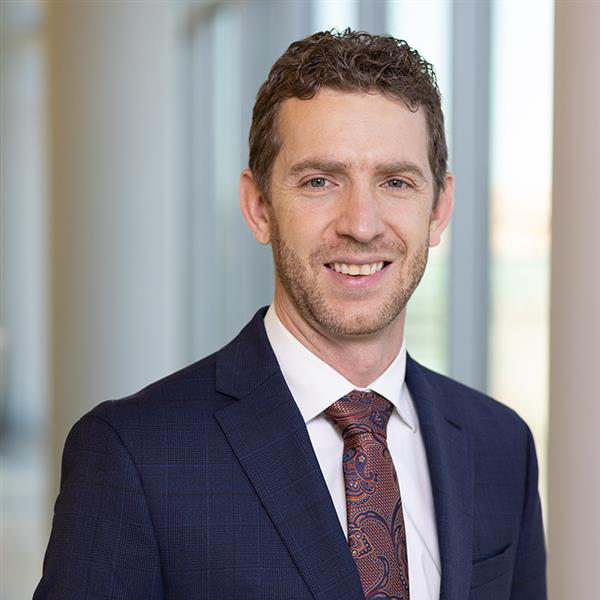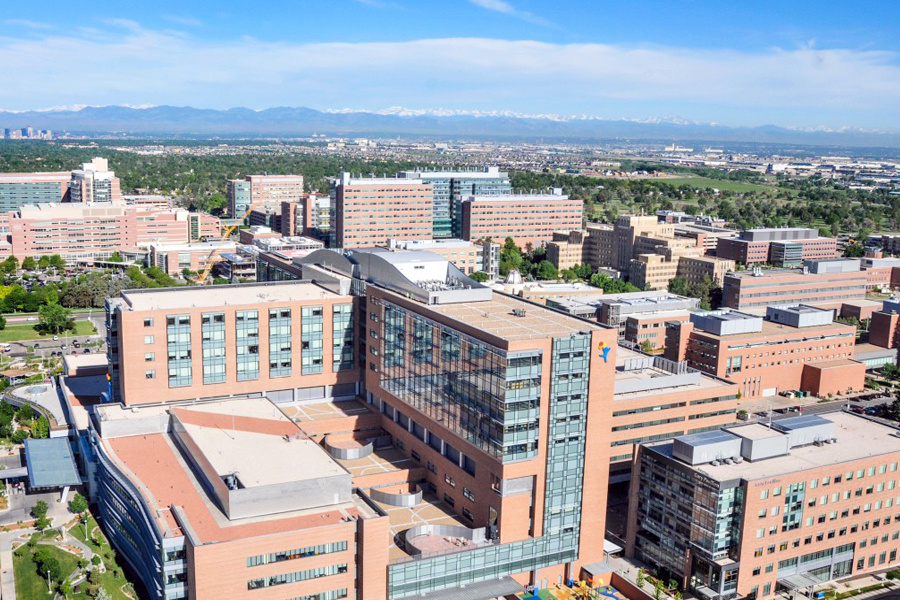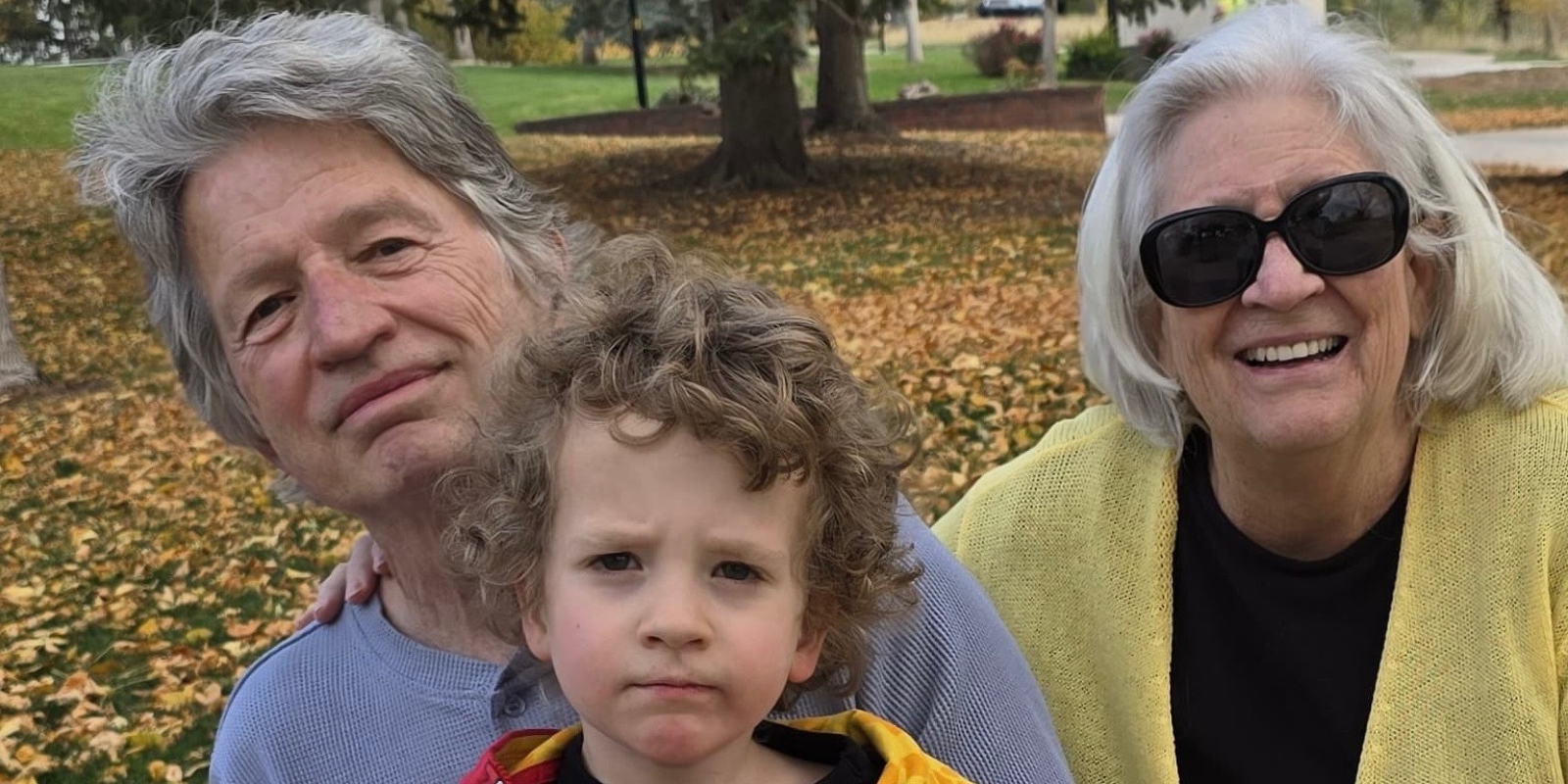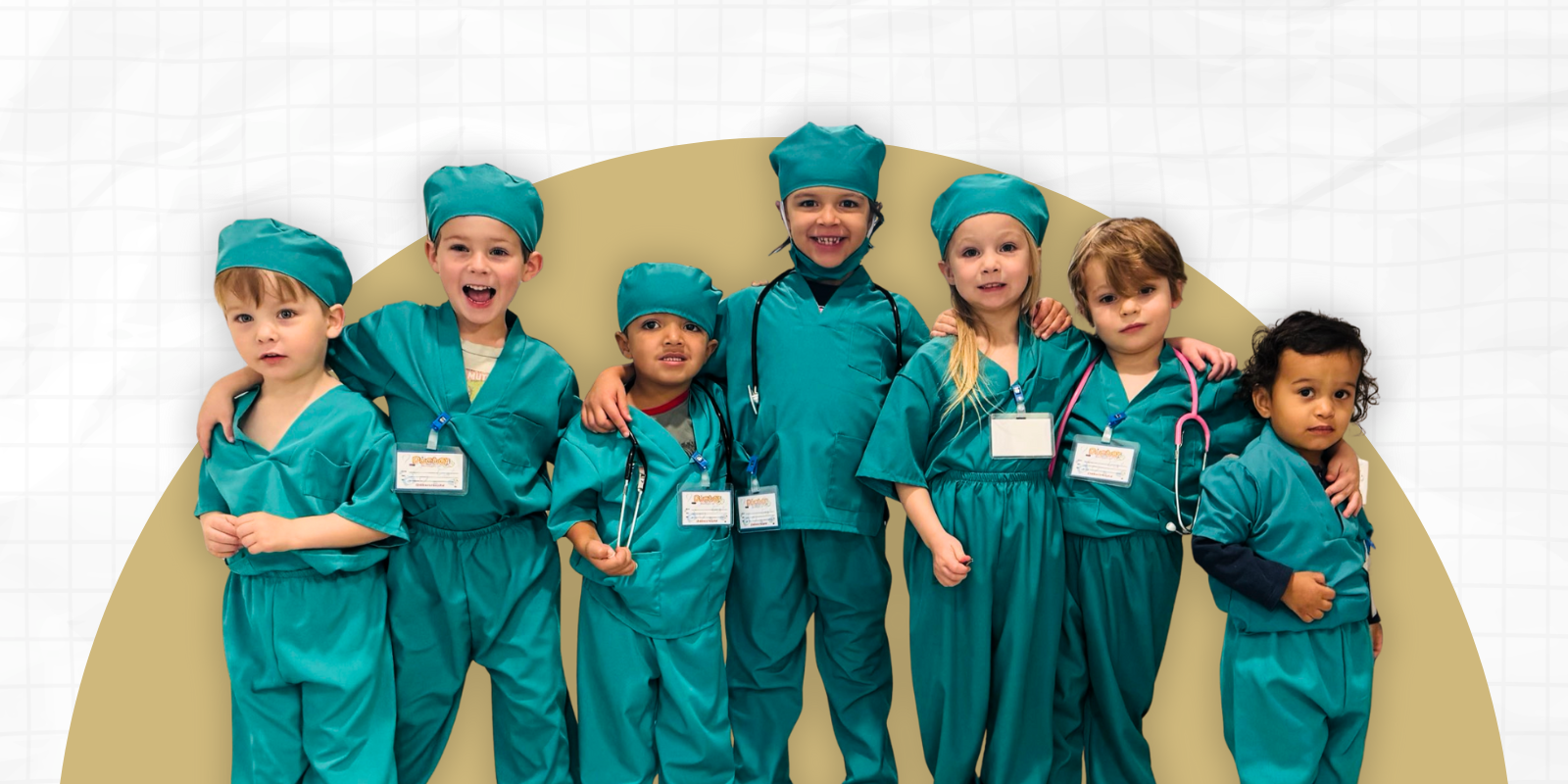An ocean, several countries, and more than 8,000 miles lie between the University of Colorado Anschutz Medical Campus and Kibogora Hospital in Kirambo, Rwanda. The similarities between the two locations, however, are significant.
In both places, clinicians and researchers are pursuing the best and most innovative care for people living with the effects of burns. In both Colorado and Rwanda, stakeholders are partnering within communities to lessen disparities in access to care. And across the distance, surgeons, nurses, and other providers are partnering on education and training initiatives.
Cameron Gibson, MD, assistant professor of GI, trauma, and endocrine surgery in the CU Department of Surgery, recently traveled to Rwanda with a team from the CU Section of Burn Surgery to support colleagues at Kibogora Hospital in building capacity and resources for treating burns. Gibson also traveled to Musana Community Development in Uganda to support rural outreach and burn center plans.
“By building relationships and partnership, that’s where change happens,” Gibson says. “There are opportunities for mentoring and coaching on surgical skills specific to skin grafting and skin care, for example, and to support our colleagues in the process of establishing dedicated burn centers.”
Continuing relationships
Gibson’s work in eastern Africa began in 2008 when he still was a pre-med undergraduate. He met and became good friends with the Denver couple who started Musana Community Development, an organization that began as a children’s home and now partners with local communities to support self-sustaining development.
The development now includes several health centers. Following his first trip to Uganda in 2009 and completion of medical school and a fellowship, Gibson has worked with Musana staff in Uganda to conduct training and skill building for health care providers. In July 2022 he was able to bring some equipment to facilitate burn treatment, and during his April visit Gibson worked with Musana staff on rural outreach and plans for a burn center.
The visit to Rwanda continued an established relationship between Rwandan and CU surgeons. Bernard Umutoniwase, MD, a general surgeon at Kibogora Hospital, first traveled to Colorado in 2019 to study with surgeons at UCHealth University of Colorado Hospital. He returned again in December, “this visit specifically to spend time on our burn unit,” Gibson explains. “When he went back at the end of December, we made plans for a group from our burn unit to come out and work with his.”
An aim of the recent trip was to visit Kibogora Hospital, get a better sense of the burn care currently being provided, and work with clinicians and staff at the hospital to find areas for partnership between the two locations.
Being a good partner
“It was a very educational trip for me,” Gibson says, adding that he and the CU team worked with faculty at Kibogora Hospital to complete the Delivery Assessment Tool, a validated development tool created by Interburns to facilitate quality improvement in burn services in low- and middle-income countries.
“The nice thing about this tool is it looks at 10 different domains and basically gives the burn unit scores that we and the local team could then talk through,” Gibson says. “A goal is to create a dedicated burn unit at the hospital, so the Delivery Assessment Tool provided information to give the director general of the hospital, the ministry of health, or any other stakeholders in the proposed burn unit.”
While burn cases in both Colorado and Rwanda can be similar, the underlying reasons for the burns can differ. For example, Rwandan surgeons commonly work with patients who have untreated seizure disorders and receive burns from falling into an open flame or being scalded with boiling water. Patients in Rwanda also have a higher incidence of electrical injuries, Gibson explains.
“In many ways, burns are a disease of poverty,” Gibsons says. “People who live in poverty conditions may not have safe equipment, like a stove with a closed flame or electric coils, and instead may be using a charcoal stove that sits on the ground. That can be a lot easier to knock over and cause injury.
“We see similar injuries among people experiencing homelessness here in the U.S. – people who often are reliant on propane tanks for heating and cooking. There are a lot of underlying social determinants related to burns.”
Gibson says he and his colleagues – including Amber Kohler, NP, Laura Madsen, and Kristin Russell – were not focused on providing care while they were in Rwanda, but on establishing and strengthening relationships and learning from Rwandan faculty where CU providers could offer support and resources in the future.
“These partnerships happen with the understanding that our health care systems are very different – the structure, the priorities, the resources that are available,” Gibson says. “Having a local champion like Dr. Umutoniwase is really important because they provide context and the local stakeholder perspective.
“Going there to do medical work is actually not my focus because the hospital already has two very qualified general surgeons. I’m happy to do some mentoring and coaching on specific skills related to treating burns, but I think the most important thing now and going forward in this relationship between CU and Kibogora Hospital is to be a good partner.”





